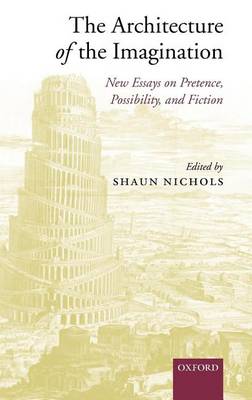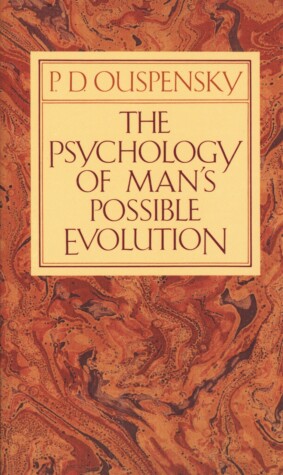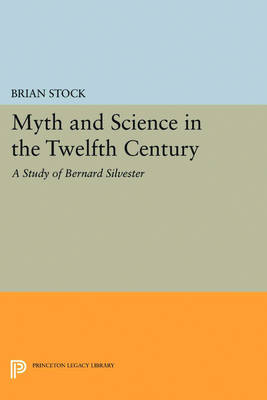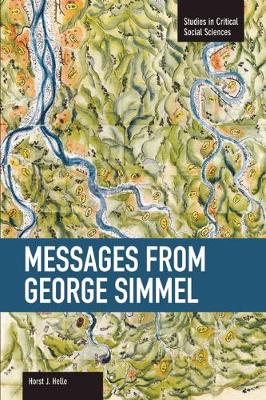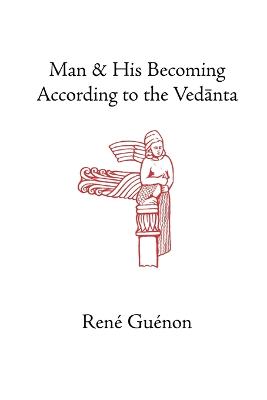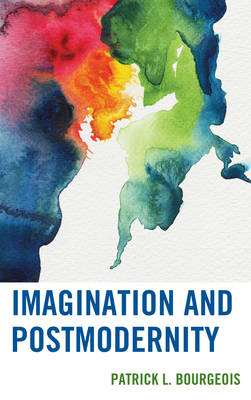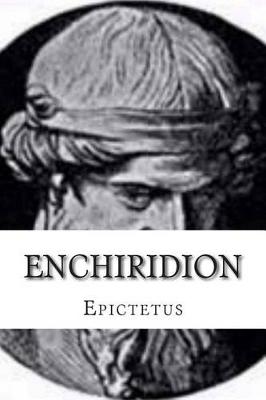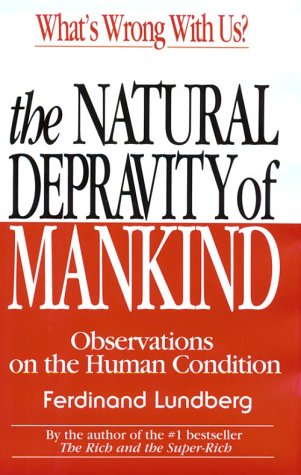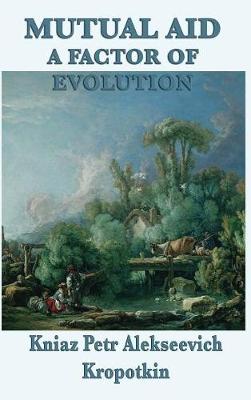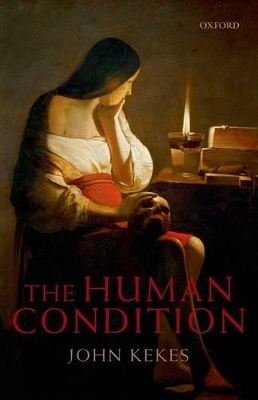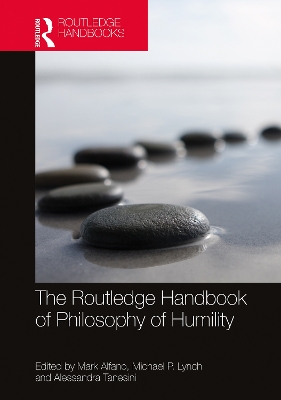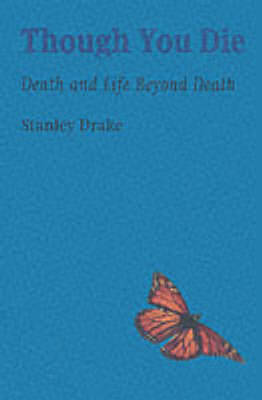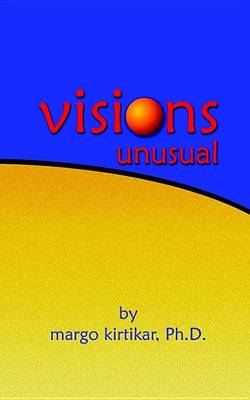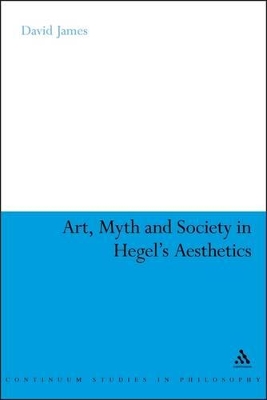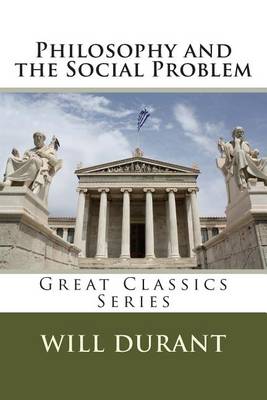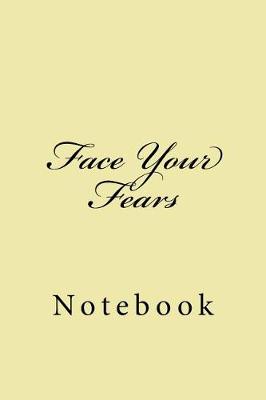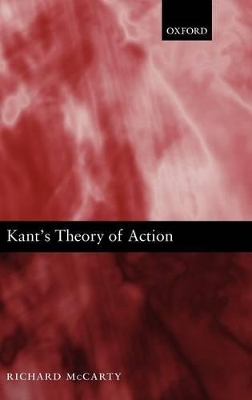Architecture of the Imagination, The: New Essays on Pretence, Possibility, and Fiction
This edition of The Psychology of Man's Possible Evolution includes a lecture, not previously published, in which Ouspensky givers some details of the "School of the Fourth Way," with which he was connected, and an account of some of its fundamental principles, methods, and rules. The psychology Ouspensky sets forth in this introductory lectures has existed in one form or another for thousands of years and, unlike modern psychology, studies man from the point of view of what he may become. Once...
Myth and Science in the Twelfth Century (Princeton Legacy Library)
by Brian Stock
The Cosmographia of Bernard Silvester was the most important literary myth written between Lucretius and Dante. One of the most widely read books of its time, it was known to authors whose interests were as diverse as those of Vincent of Beauvais, Dante, and Chaucer. Bernard offers one of the most profound versions of a familiar theme in medieval literature, that of man as a microcosm of the universe, with nature as the mediating element between God and the world. Brian Stock's exposition includ...
Messages From Georg Simmel (Studies in Critical Social Sciences)
by Horst J Helle
As the founder of the humanist version of sociology, Georg Simmel sent powerful messages about the discipline. His key ideas - that reality is socially constructed, changes over time and rarely is as it appears - are critically re-examined with an eye toward drawing lessons for contemporary scholars and activists. With essential insights for those working in any field within the social sciences.
Imagination and Postmodernity (Studies in the Thought of Paul Ricoeur)
by Patrick L. Bourgeois
Imagination and Postmodernity addresses the role of the imagination in philosophy today. By focusing on philosophy at the boundary of reason with constant reference to Kant's view of the boundary-limit, it is possible to advance a viable alternative to deconstructing the imagination. Patrick L. Bourgeois puts forth the claim that by refocusing the imagination in the postmodern conversation, a far-reaching contemporary position can be reached that reestablishes the position of the humanities as c...
Enchiridion (Selection from the Discourses of Epictetus with the Encheiri) (Dover Thrift Editions)
by George Long and Epictetus
The Enchiridion or Manual of Epictetus is a short manual of Stoic ethical advice from the 2nd-century Greek Stoic philosopher Epictetus. The focus is on applying philosophy in daily life. The primary theme is that one should accept what happens. The Enchiridion, along with the Meditations of Marcus Aurelius and Seneca's Letters From A Stoic, is one of three key texts from which the modern world knows Stoicism.
Matter (Routledge Library Editions: Philosophy of Mind)
by Whately Carington
From the beginning, Lauren Van Der Post has been aware of a dimension in life far longer and more significant than the outer eventfulness of everyday living. His perception of life's mysterious power began with the Bushman, the first people of his native Africa, and grew in the universal imagery of dreams, the fertile legends and stories of ancient civilization, the intuitive teaching of prophets, poets and other pioneers of human awareness. In this book he has brought together two of his most d...
La Soledad de Los Moribundos (Cuadernos de La Gaceta) (Centzontle (Paperback))
by Prof Norbert Elias
The Human Condition is a response to the growing disenchantment in the Western world with contemporary life. John Kekes provides rationally justified answers to questions about the meaning of life, the basis of morality, the contingencies of human lives, the prevalence of evil, the nature and extent of human responsibility, and the sources of values we prize. He offers a realistic view of the human condition that rejects both facile optimism and gloomy pessimism; acknowledges that we are vulnera...
The Routledge Handbook of Philosophy of Humility (Routledge Handbooks in Philosophy)
Humility is a vital aspect of political discussion, social media and self-help, whilst recent empirical research has linked humility to improved well-being, open-mindedness and increased accuracy in assessing persuasive messages. It is also a topic central to research and discussion in philosophy, applied ethics and religious studies. The Routledge Handbook of Philosophy of Humility is the first collection to present a comprehensive overview of the philosophy of humility, whilst also covering i...
Death is a certainty that affects us all, and that every human being has to face. More is known about human death than many people realise. A growing number of people have felt themselves to be on the brink of death, and having 'an out-of-body experience'. Some of these people feel they have actually chosen to come `back to life' after hours on the operating table. The spiritual insight of Rudolf Steiner shows distinct stages in existence after death. Above all there is the central Christian my...
Art, Myth and Society in Hegel's Aesthetics (Continuum Studies in Philosophy)
by David James
Art, Myth and Society in Hegel's Aesthetics returns to the student transcripts of Hegel's lectures on aesthetics, which have yet to be translated into English and in some cases remain unpublished. David James develops the idea that these transcripts show that Hegel was primarily interested in understanding art as an historical phenomenon and, more specifically, in terms of its role in the ethical life of various peoples. This involves relating Hegel's aesthetics to his philosophies of right and...
The Life of the Mind presents an original and striking conception of the mind and its place in nature. In a spirited and rigorous attack on most of the orthodox positions in contemporary philosophy of mind, McCulloch connects three of the orthodoxy's central themes - externalism, phenomenology and the relation between science and common-sense psychology - in a defence of a throughly anti-Cartesian conception of mental life. McCulloch argues that the life of the mind will never be understood unt...
The theory of action underlying Immanuel Kant's ethical theory is the subject of this book. What 'maxims' are, and how we act on maxims, are explained here in light of both the historical context of Kant's thought, and his classroom lectures on psychology and ethics. Arguing against the current of much recent scholarship, Richard McCarty makes a strong case for interpreting Kant as having embraced psychological determinism, a version of the 'belief-desire model' of human motivation, and a litera...
